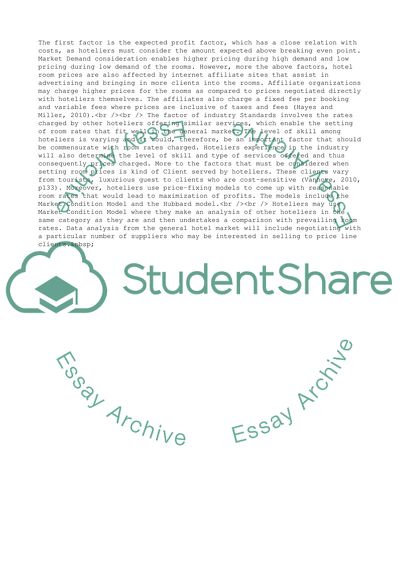Cite this document
(Hotel Front Office Management - Room Management Assignment, n.d.)
Hotel Front Office Management - Room Management Assignment. Retrieved from https://studentshare.org/management/1758538-room-management
Hotel Front Office Management - Room Management Assignment. Retrieved from https://studentshare.org/management/1758538-room-management
(Hotel Front Office Management - Room Management Assignment)
Hotel Front Office Management - Room Management Assignment. https://studentshare.org/management/1758538-room-management.
Hotel Front Office Management - Room Management Assignment. https://studentshare.org/management/1758538-room-management.
“Hotel Front Office Management - Room Management Assignment”. https://studentshare.org/management/1758538-room-management.


